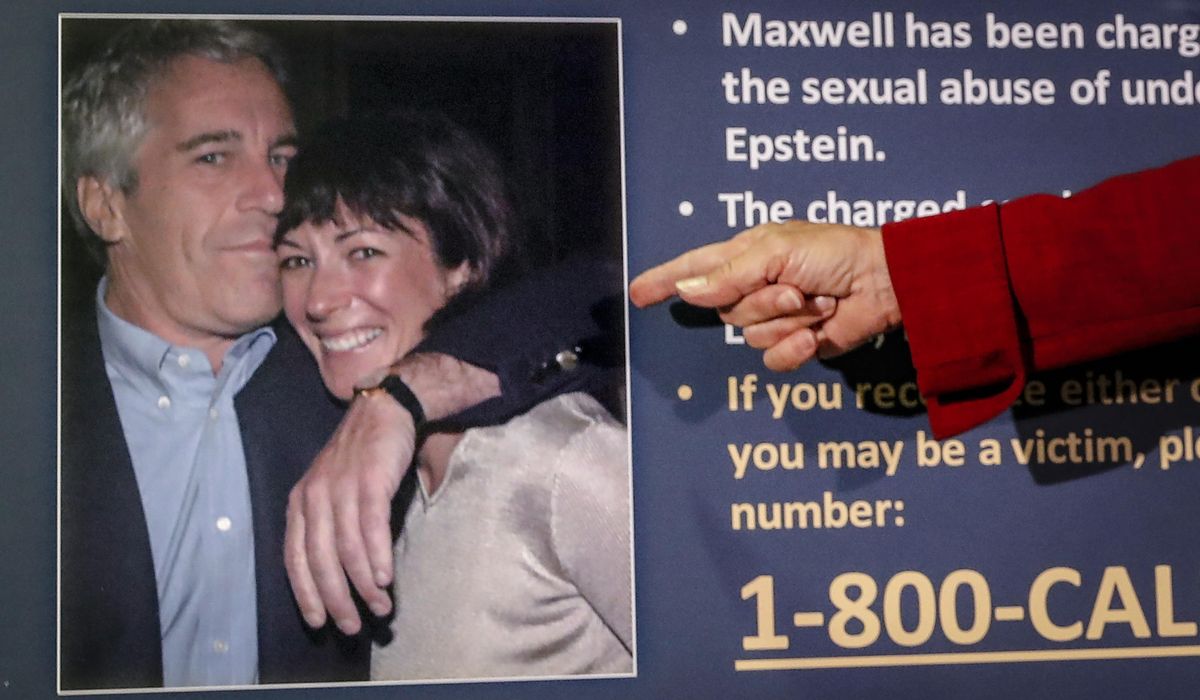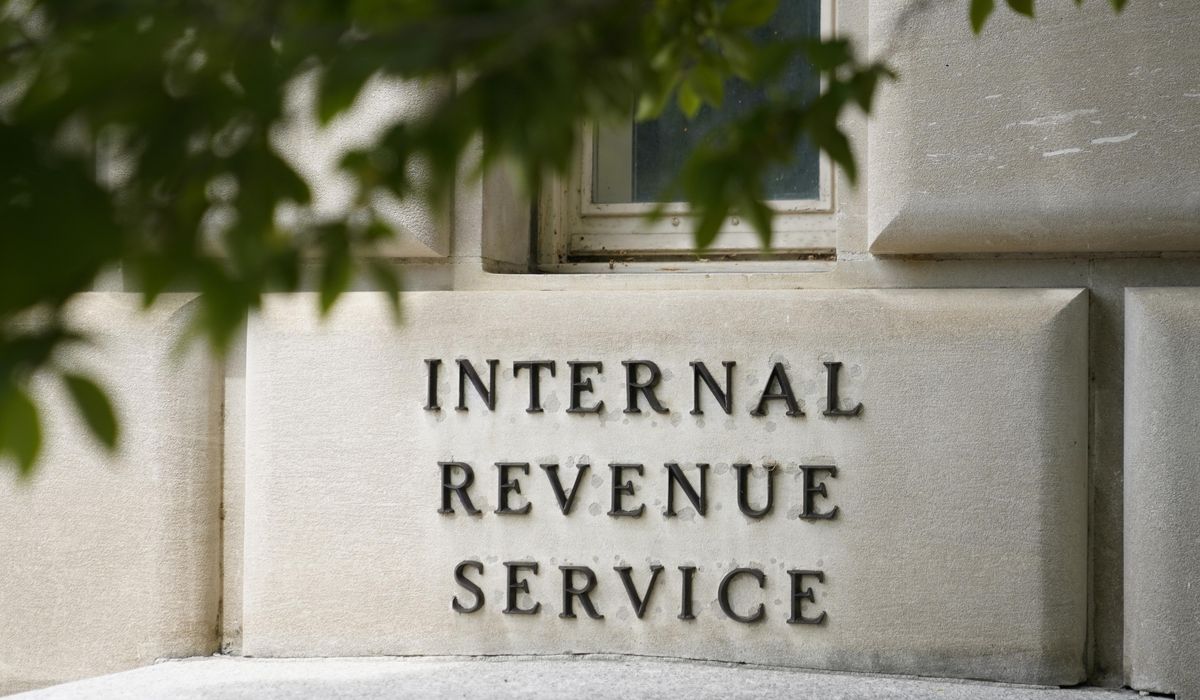ARTICLE AD BOX
A 39% tariff on American beef going to Japan. Canadian levies exceeding 200% on American dairy. A 150% tariff on American alcohol sold in India.
These levies, plus a host of tariffs and value-added taxes that make U.S. goods more expensive in Europe, make President Trump angry.
The president will seek revenge Wednesday with a “Liberation Day” plan that slaps tariffs on any nation that taxes U.S. goods or sets up other trade barriers.
He calls them reciprocal tariffs: “You hurt us and we hurt you.”
The announcement is expected to upend global trade policy, setting off a scramble by some nations to lower their trade barriers on U.S. goods while others look to retaliate and gird for a trade war.
Mr. Trump imposed new tariffs on Chinese goods, levies on imported steel and aluminum, plus a 25% tariff on cars that aren’t made in the U.S. But his sweeping plan for reciprocal tariffs is his biggest move — and a bit of a mystery.
“He is with his trade and tariff team right now perfecting it to make sure this is a perfect deal for the American people and the American workers, and you will all find out in about 24 hours from now,” White House press secretary Karoline Leavitt said Tuesday when pressed for details.
Mr. Trump will outline his plan in the Rose Garden on Wednesday with his full Cabinet in attendance. The event will take place right after Wall Street markets close.
Mr. Trump has teased the April 2 date for weeks. The administration has been assessing each country’s tariffs and trade barriers on U.S. goods to craft reciprocal measures, though a report in The Washington Post said the administration was mulling a broad 20% tariff on imported goods.
Some nations will be ripe targets for heavy levies, given Mr. Trump’s distaste for trade imbalances, or situations in which the U.S. buys more goods from a trade partner than the U.S. sells to that country.
Under that basis, Canada, China, the EU, India, Ireland, Japan, Mexico, South Korea, Switzerland, Taiwan and Vietnam would be targeted for heavier treatment under Mr. Trump’s plan.
Tariffs are a tax or duty paid by importers on the goods they bring in from foreign markets. Mr. Trump says tariffs are a great way to force companies to return to America or keep their operations in the U.S., employ American workers and create revenue to fund domestic programs.
Tariffs can also result in higher prices for consumers. Foreign countries don’t pay the tariffs directly to the U.S. Treasury. In many cases, companies will pay the levies, and they might pass on at least some of the cost to consumers through higher prices.
Democrats and some economists believe the tariff plan will backfire since tariffs add costs to the supply chain and might be passed to consumers in the form of higher prices. Mr. Trump campaigned on decreasing grocery bills and other forms of inflation.
“Strategically targeted tariffs, they can be useful at certain points in time to protect strategic American industries,” Sen. Chris Van Hollen, Maryland Democrat, said. “I’m for those. But across-the-board tariffs, and across-the-board tariffs on a friend and ally like Canada or Mexico? All that is, is a tax increase on the American people.”
Federal Reserve Bank of Richmond CEO Tom Barkin said a “cage match” might be brewing between consumers who refuse to pay more and businesses who feel they have no choice but to pass along higher costs.
“Where that lands is going to be very interesting to see,” Mr. Barkin said Tuesday in a talk hosted by the Council on Foreign Relations in New York. “Obviously, some amount of that will pass through into prices, and so that will be inflationary.”
Fed Chair Jerome Powell has said tariffs might delay progress in fighting inflation, though he believes the levies’ impact on prices will be temporary.
Mr. Trump says the U.S. will win in the end as companies are forced to move manufacturing into the States and hire American workers, or countries bow to his demands and ease their restrictions on U.S. products.
“American workers and business will be put first under President Trump, just as he promised on the campaign trail,” Ms. Leavitt said. “America will offer companies the lowest taxes, energy costs, regulations — if they make their products right here in the United States and hire American workers for the job.”
She pointed to billions of dollars in investment coming recently from chipmakers, automakers, drugmakers and large Japanese firms.
Still, the tariff plan is making Wall Street jittery. Stocks had a topsy-turvy day Tuesday, with the Dow Jones Industrial Average dropping over 400 points at the opening before climbing into positive territory and falling into the red again.
Mr. Trump’s twin goals of protecting domestic industries and raising plenty of revenue through tariffs are somewhat at odds.
“If you protect the industry and imports go way down, there is little revenue,” said Douglas Irwin, an economics professor at Dartmouth College who studies trade policy. “If imports stay at high levels and lots of revenue is gained, the domestic industry doesn’t benefit much because the imports are still there.”
Still, the White House rejects the idea that Mr. Trump is gambling with the interconnected global economy.
“They’re not going to be wrong,” Ms. Leavitt said. “It is going to work.”
Ms. Leavitt said she would let Mr. Trump speak on whether he would extend a pause on 25% tariffs on Canada and Mexico, which are close North American partners.
The Canadian tariffs are making waves on Capitol Hill, where Sen. Tim Kaine is using a procedural tool to try and end the emergency that Mr. Trump declared around fentanyl trafficked across the northern border.
Mr. Kaine, Virginia Democrat, says the tariffs on Canada will increase everyday prices and make it harder to build ships or complete other major projects.
He also said Mr. Trump’s stated justification for the tariffs — the influx of fentanyl —should be aimed at China and Mexico, given the relatively small amount of the drug that pours over the northern border.
“The emergency is being invented to do the tariffs, to do the taxes on everyday Americans. Why? So they can use the tariff revenue to give a tax cut to billionaires,” Mr. Kaine said at a press conference.
Republicans like Sen. Susan Collins of Maine said her state’s economy is intertwined with Canada, so the tariffs are bad for business. She said she’s reviewing the language of Mr. Kaine’s resolution but supports its intent.
“I have to do what’s right for my constituents, and that’s what I’m going to do,” she said.
Sen. Rand Paul, Kentucky Republican, also opposes tariffs and could vote with Democrats.
Mr. Trump says GOP senators must rally behind him.
“Senator Tim Kaine, who ran against me with Crooked Hillary in 2016, is trying to halt our critical Tariffs on deadly Fentanyl coming in from Canada,” Mr. Trump posted on Truth Social. “We are making progress to end this terrible Fentanyl Crisis, but Republicans in the Senate MUST vote to keep the National Emergency in place, so we can finish the job, and end the scourge.”
• Lindsey McPherson contributed to this story.

 3 months ago
64
3 months ago
64








 English (US) ·
English (US) ·